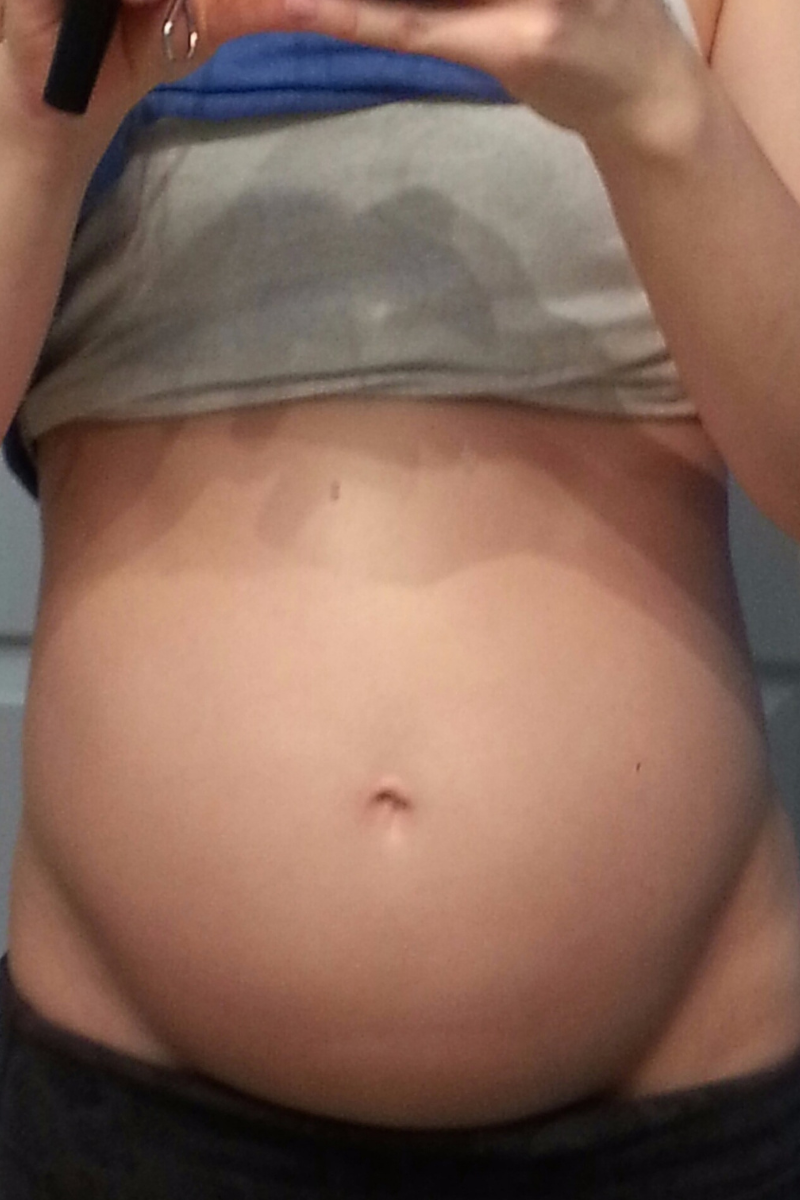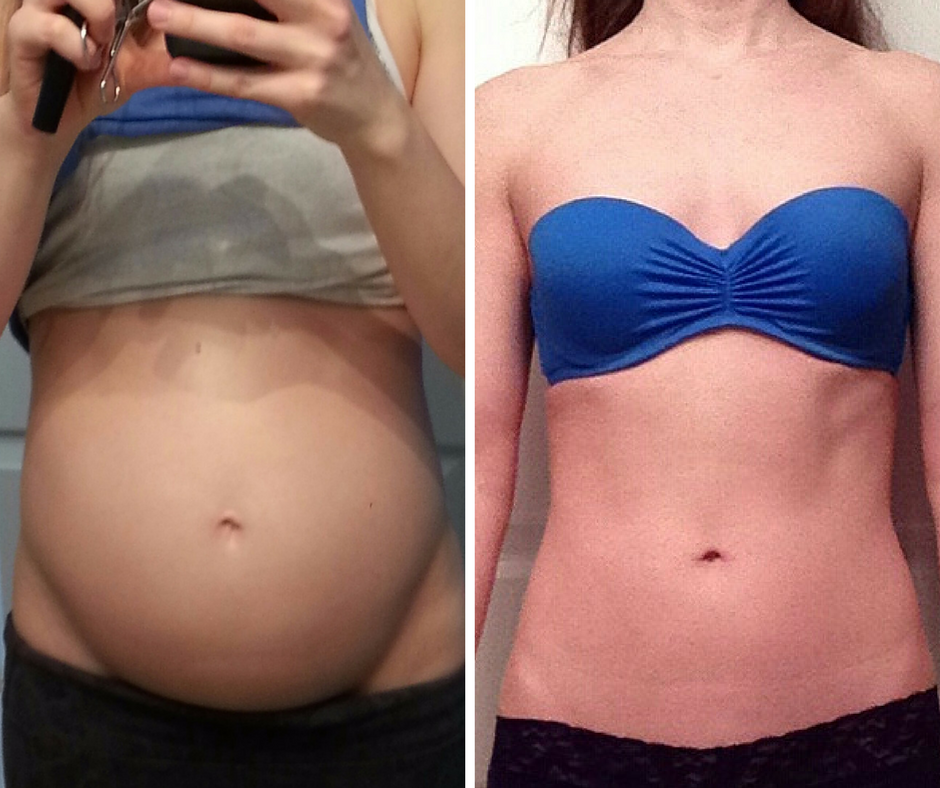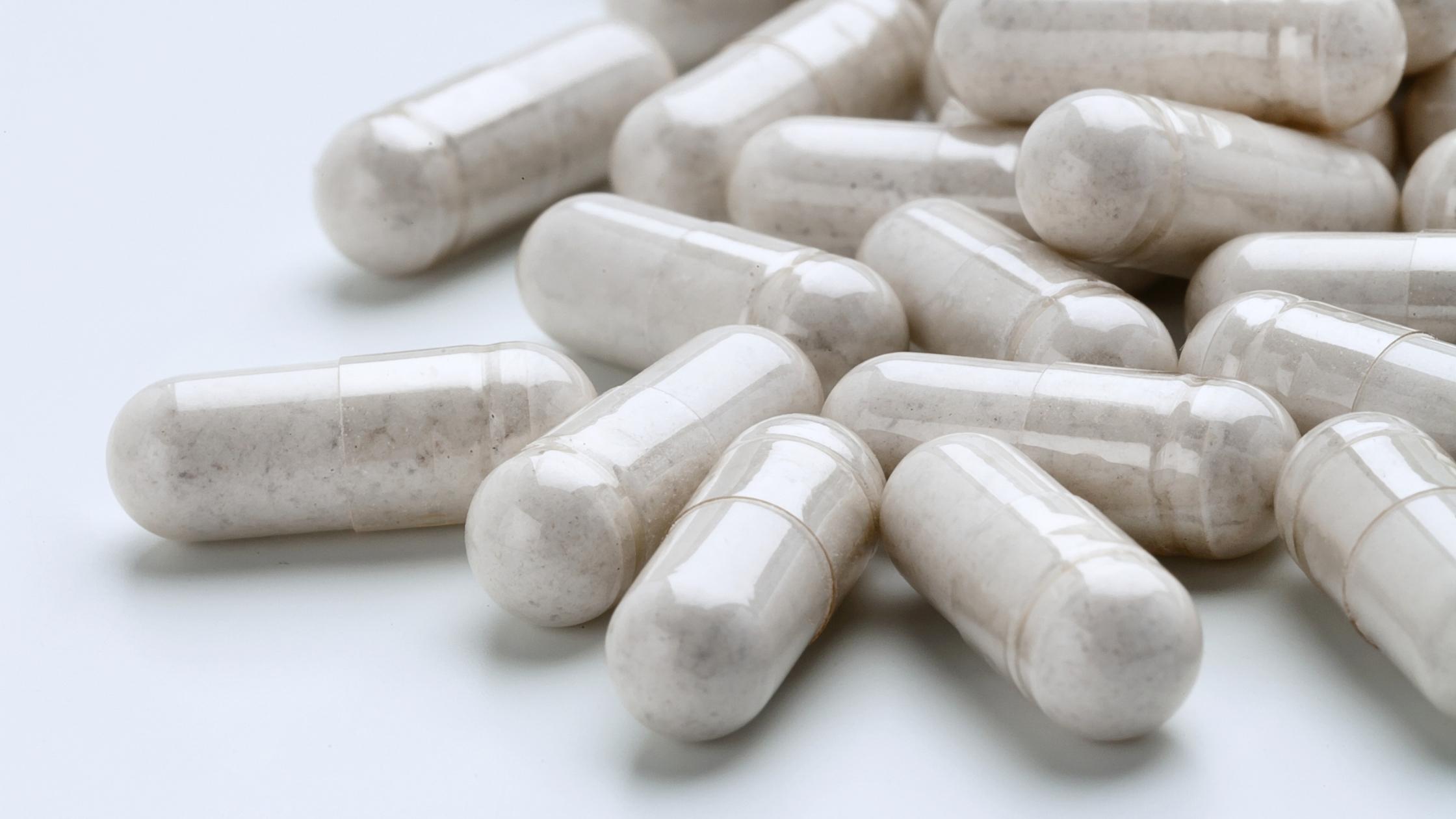Diet plays a major role in controlling IBS symptoms but what that diet looks like exactly depends greatly on the person. An important thing to consider when looking at what to eat for IBS is the state of your gut microbiome.
The gut microbiome is a complex community of microbes. Various lifestyle and diet factors can lead to an alteration in the microbiome in which there may be not enough good bacteria, bacteria in the wrong places (SIBO, yeast proliferation or parasitic or bacterial infection). Any alteration of the gut microbiome is referred to as dysbiosis.
Almost every case of IBS involves dysbiosis to a certain degree. Getting a picture into the state of your gut microbiome will help you immensely in tailoring your diet to control IBS symptoms. Each scenario of dysbiosis mentioned above has it’s own nutrition protocol to follow until the gut microbiome is thriving again.
A quick overview of the nutrition protocols for each:
Lack of good bacteria
Bacteria thrive off fibre so increasing your fibre intake through an array of fruits, vegetables, oats, quinoa, nuts and seeds are key here. You can also increase good bacteria through fermented foods such as yoghurt, kefir and kimchi. The more variety in your diet the better when it comes to increasing good bacteria.
Bacteria in the Wrong Places (SIBO)
Small Intestine Bacterial Overgrowth occurs when bacteria migrate to the small intestine- where they aren’t usually found. The result is gas, bloating, constipation and/or diarrhoea and over time can lead to nutritional imbalances and leaky gut. Diet is important during SIBO treatment and after to stop overgrowth from recurring. There are a few diets that are used in SIBO treatment depending on the person’s carbohydrate needs but all seek to reduce the food sources for the bacteria while feeding the person. The most effective diet for SIBO is one that is low FODMAP and minimizes sugar and alcohol. SIBO is tricky- I don’t recommend tackling it alone.
Yeast Overgrowth
Most people know this as candida overgrowth though Candida Albicans is just one of many yeast strains that can be found in the gut microbiome. Yeast are present in every gut microbiome- even healthy ones- but they are opportunistic yeasty beasties that will take any chance presented to them to overgrow. For example, yeast overgrowth is common for those who have taken antibiotics. Antibiotics kill bacteria thus creating space for yeast to overtake if good bacteria is not immediately replenished through the use of probiotics.
Yeast tend to thrive off refined sugar and carbohydrates in the diet. A diet with a focus on protein, vegetables and healthy fats that eliminates refined carbohydrates, sugar and alcohol is most often used in this scenario.
Parasitic or Bacterial Infection
If there is infection of the gut by parasites or bacteria, generally a low FODMAP diet low in sugar is used in conjunction with antimicrobials.
Knowing your gut microbiome requires testing. A Small Intestine Bacterial Overgrowth (for SIBO) and Comprehensive Digestive Stool Analysis (for bacteria profile, parasites and yeast) will give you a good picture. Yeast is sometimes tricky to test for through a Stool Analysis- in certain cases a Microbial Organic Acids test would be better suited.





+ show Comments
- Hide Comments
add a comment